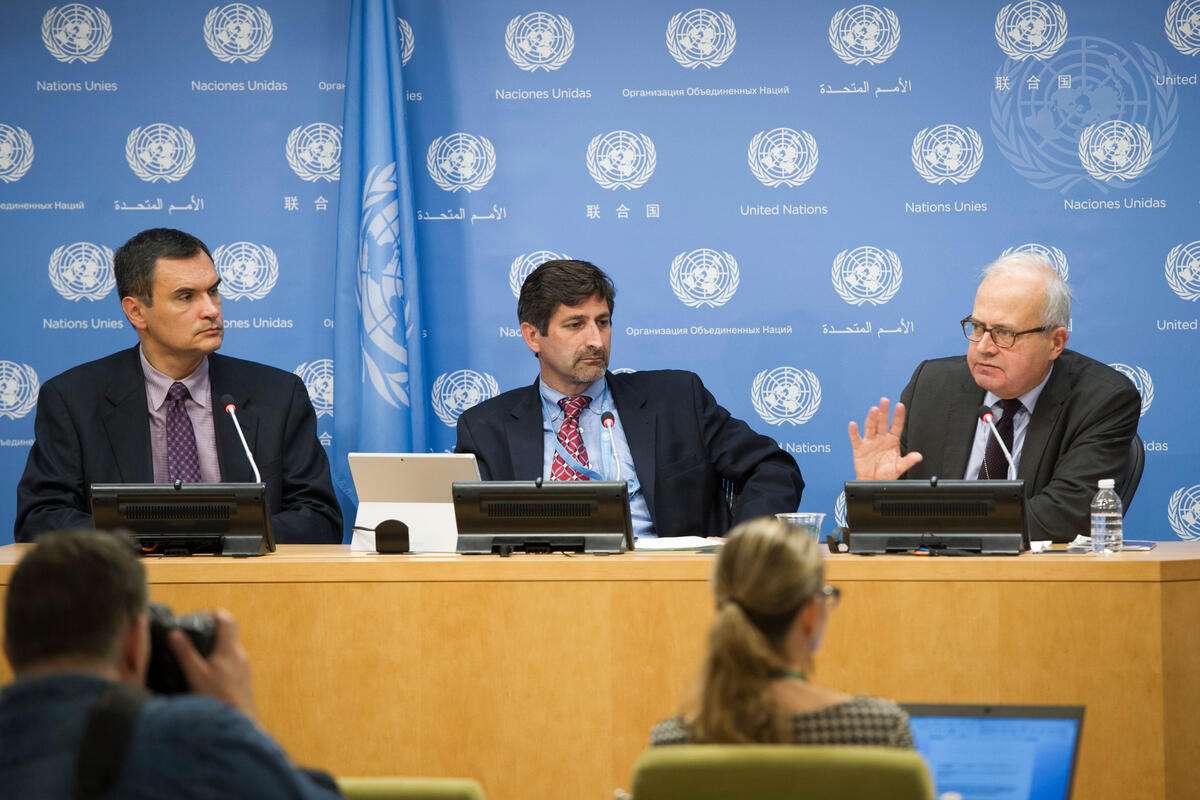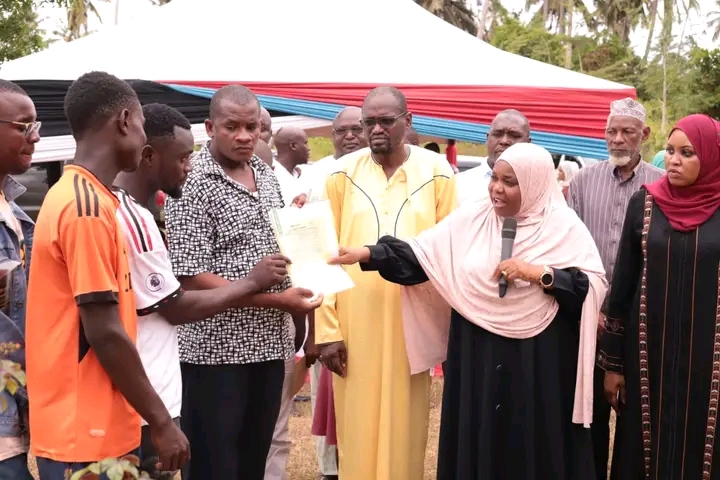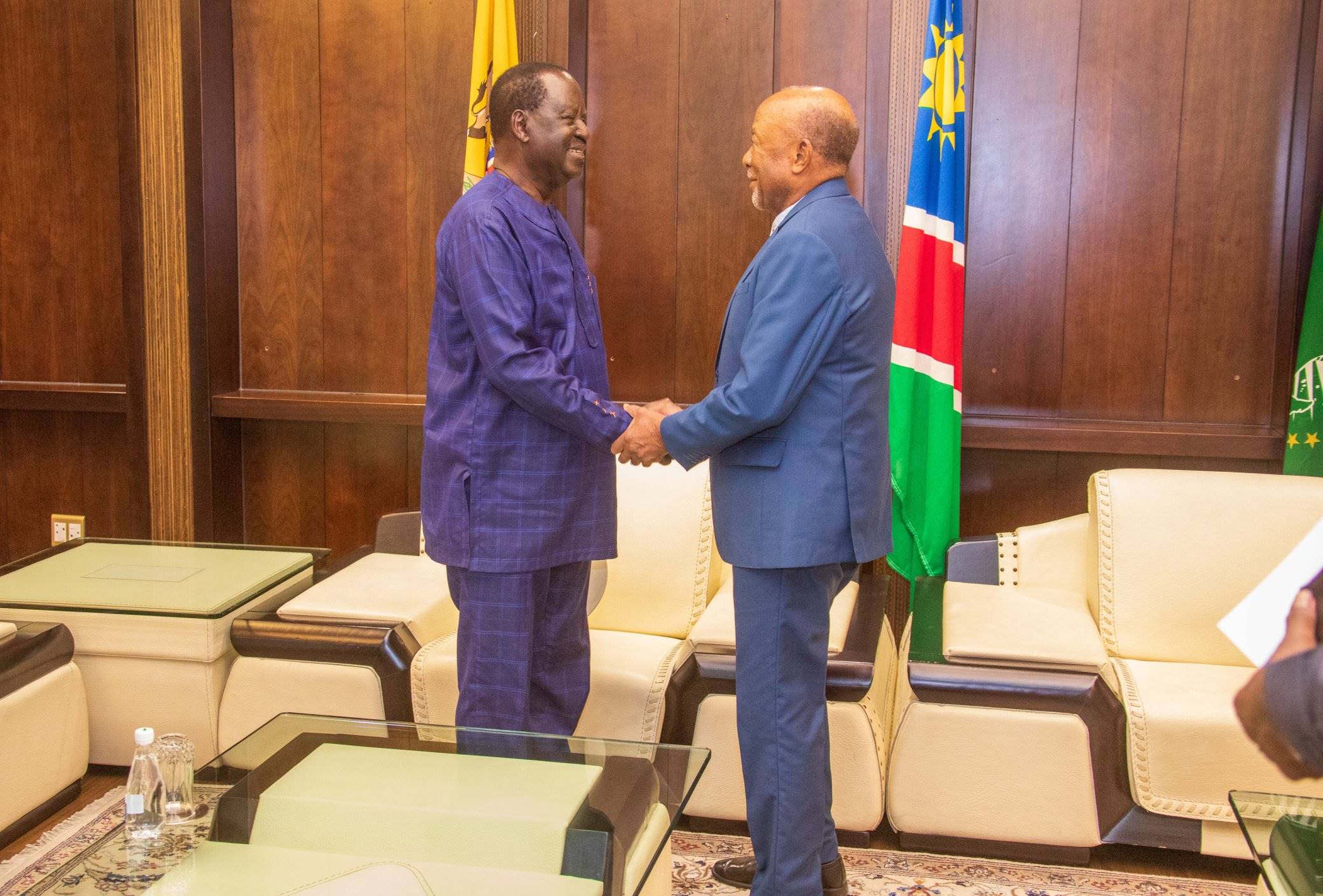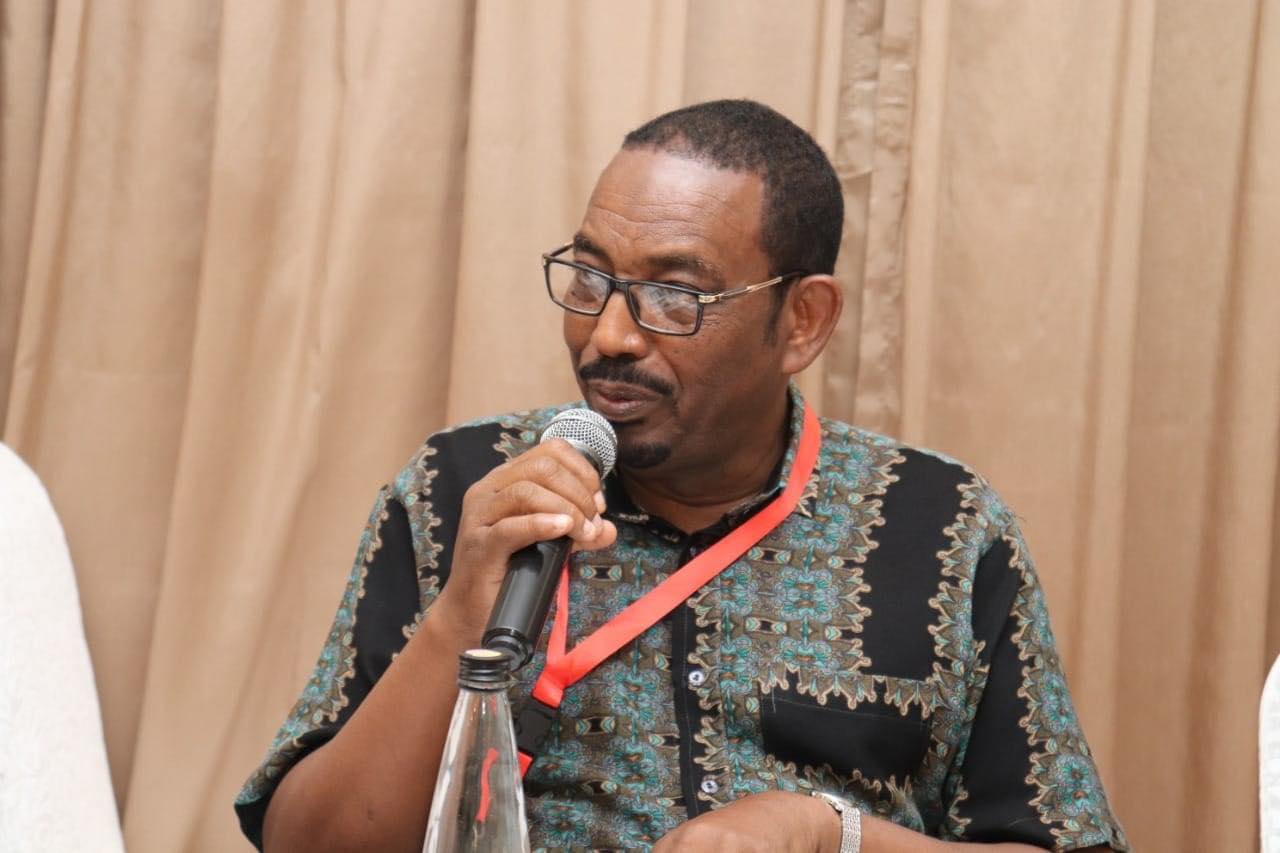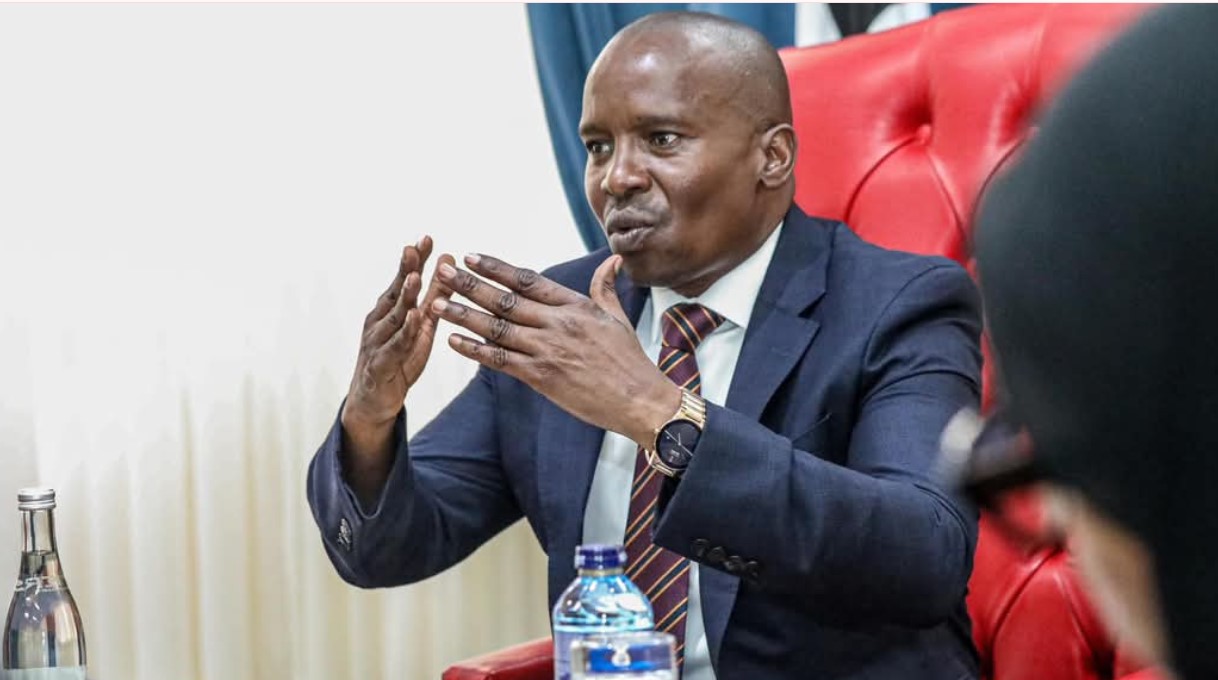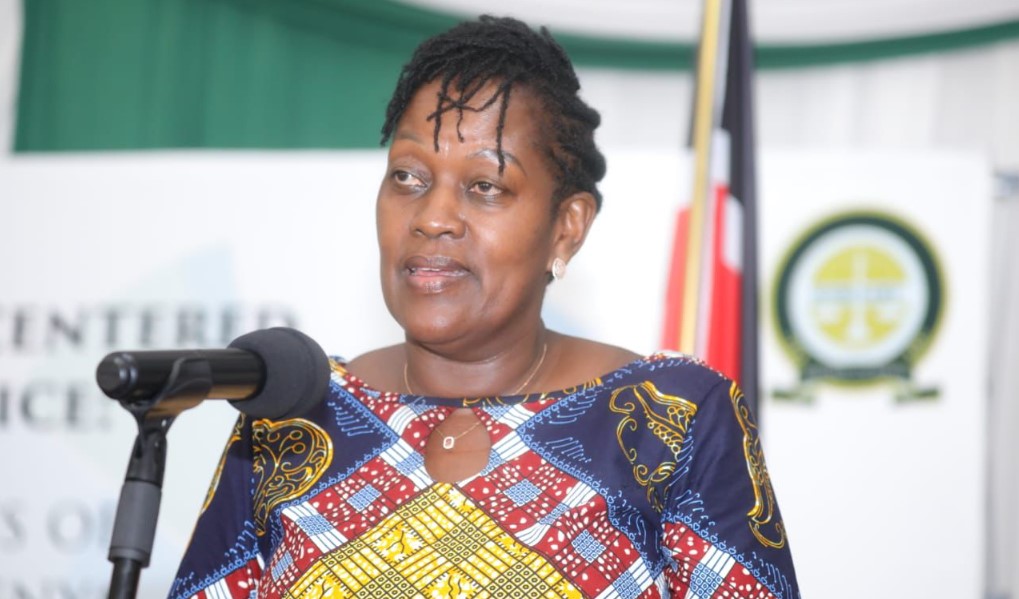Kenya set to benefit from Sh1.3 billion green funding from AfDB

KawiSafi II is a $200 million (Sh25.8 billion) venture equity fund put in place to address investment gaps in energy transition, productivity, mobility and logistics in sub-Saharan Africa.
Kenya is among the Sub-Saharan countries that will get a share of the $10 million (Sh1.29 billion) funding by the African Development Bank towards green energy.
Approved this month by the bank's Sustainable Energy Fund for Africa, the funds will be channelled through KawiSafi II clean-energy Fund, a funding kitty of Kawisafi Ventures.
More To Read
- Research reveals previously unknown genetic diversity of wild chimpanzees shaped by habitats
- Geothermal energy to become global investment frontier with Kenya leading the way – Report
- 2024 sets new record as the hottest year, breaching the Paris Agreement threshold of 1.5°C
- Meet Beta: The new tech-savvy generation born starting January 2025
Headquartered in Nairobi, Kenya, the KawiSafi team mainly focuses on investing in clean and affordable energy. The funding aims to help local businesses in the region create and expand climate projects that aid vulnerable communities.
KawiSafi II is a $200 million (Sh25.8 billion) venture equity fund put in place to address investment gaps in energy transition, productivity, mobility and logistics in sub-Saharan Africa.
It includes a $10 million (Sh1.3 billion) technical assistance facility that seeks to maximise climate impact and ensure better management of environmental, social, and governance risks.
The kitty is a follow-on from KawiSafi Fund I, a $67 million (Sh8.6 billion) off-grid energy fund established in 2016.
Commenting on the latest approval, Amar Inamdar, the managing director of KawiSafi Ventures, noted that the investment from AfDB is catalytic for helping African countries attract the significant private capital that is urgently required to support Africa's climate innovators.
"As the leading development finance institution on the continent, the Bank's catalytic commitment will leverage investments into breakthrough African start-ups addressing climate change through renewable energy, clean mobility and other key sectors crucial to achieving our climate goals."
Notably, Kenya suffers from a significant financing gap towards green transition, a situation that has since been blamed for stalling SMEs' contribution to the greening process despite their vast potential.
A recent report by the research firm, African Centre for Technology Studies (ACTS), said Kenya only receives 21 per cent of the total funding that it ought to be receiving from domestic and international channels, directed towards climate change mitigation and adaptation actions.
"This is amidst increasing global warming effects such as drought and floods," it noted.
"Kenya faces a 79 per cent climate change financing gap, and the situation is headed to a worse state if nothing is done to finance adaptation to climate change effects," said Joel Onyango, the programme lead at ACTS.
This is concurred by AfDB's stance on the country's state of funding from multinationals towards climate action.
Speaking sometime last year in a green transition engagement forum in Nairobi, Olufunso Somorin, the regional principal officer at AfDB, said Kenya should build further its capacities to attract more funding, mostly towards adaptation measures.
"The country needs to prioritise adaptation funding more, compared to mitigation funding to attract additional funding. Currently, only 20 per cent goes to adaptation projects while the rest goes to mitigation," Somorin said.
Top Stories Today




